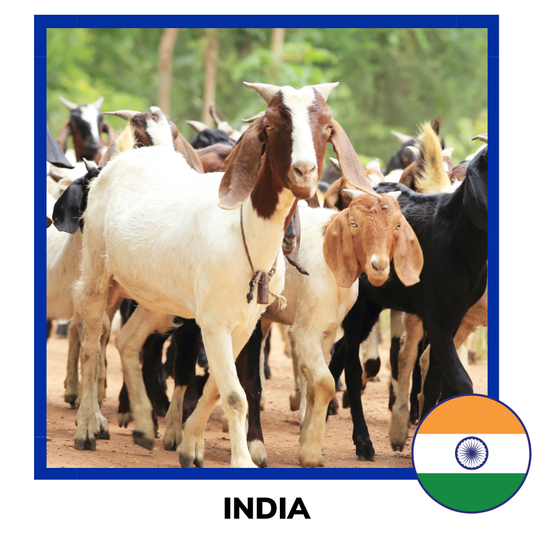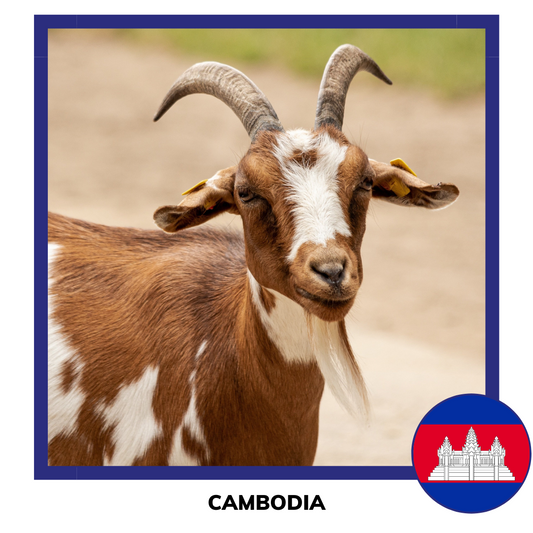Aqiqah All Year Round
Congrats on your new born! Alhamdulillah, Tabarakallah!
In Islam, Aqiqah is a highly recommended Sunnah (practice of the Prophet Muhammad) performed by parents to celebrate the birth of a child and thank Allah for the blessing. It involves sacrificing an animal, shaving the baby's hair, and giving charity.
Choose Your Aqiqah Option
-
Aqiqah India Sheep and Goat | Akikah Kambing India
Regular price From $295.00 SGDRegular priceUnit price / per -
Aqiqah Cambodia Sheep and Goat | Akikah Kambing Cambodia
Regular price From $295.00 SGDRegular priceUnit price / per
Key hadith on Aqiqah
The rules and rituals ofaqiqahare based on several authentic traditions (hadith) of the Prophet Muhammad (peace be upon him):
- Significance: The Prophet said, "Every child is in pledge for his aqiqah. A sacrifice is made for him on the seventh day, his head is shaved, and he is given a name".
- Differentiation by gender: Narrated by Umm Karaz and Aisha, the Prophet commanded that two sheep be sacrificed for a baby boy and one sheep for a baby girl.
- Prophet's own practice: The Prophet performed aqiqah for his grandsons, Al-Hasan and Al-Husain, by sacrificing one ram for each.
Sunnah rules for performing Aqiqah
Timing
- The seventh day: The most recommended time to perform the aqiqah is on the seventh day after the child's birth.
- Delayed aqiqah: If the seventh day is missed, it can be performed on the 14th or 21st day. If it is delayed beyond this, it can be done at any time before the child reaches puberty.
- Adults performing their own aqiqah: Some scholars say that if an aqiqah was not done by the parents, an adult may perform it for themselves later in life.
Animal sacrifice
- Number of animals: The Sunnah is to sacrifice two sheep or goats for a boy and one for a girl.
- Animal requirements: The animals must meet the same health and age criteria as a sacrifice for Eid al-Adha (qurbani). They should be healthy, free from defects, and of a certain age (e.g., typically one year for a goat).
- Manner of sacrifice: The sacrifice is done according to Islamic guidelines, and the name of Allah is recited. In the pre-Islamic era (Jahiliyyah), it was a custom to smear the baby's head with the animal's blood, but Islam prohibited this.


